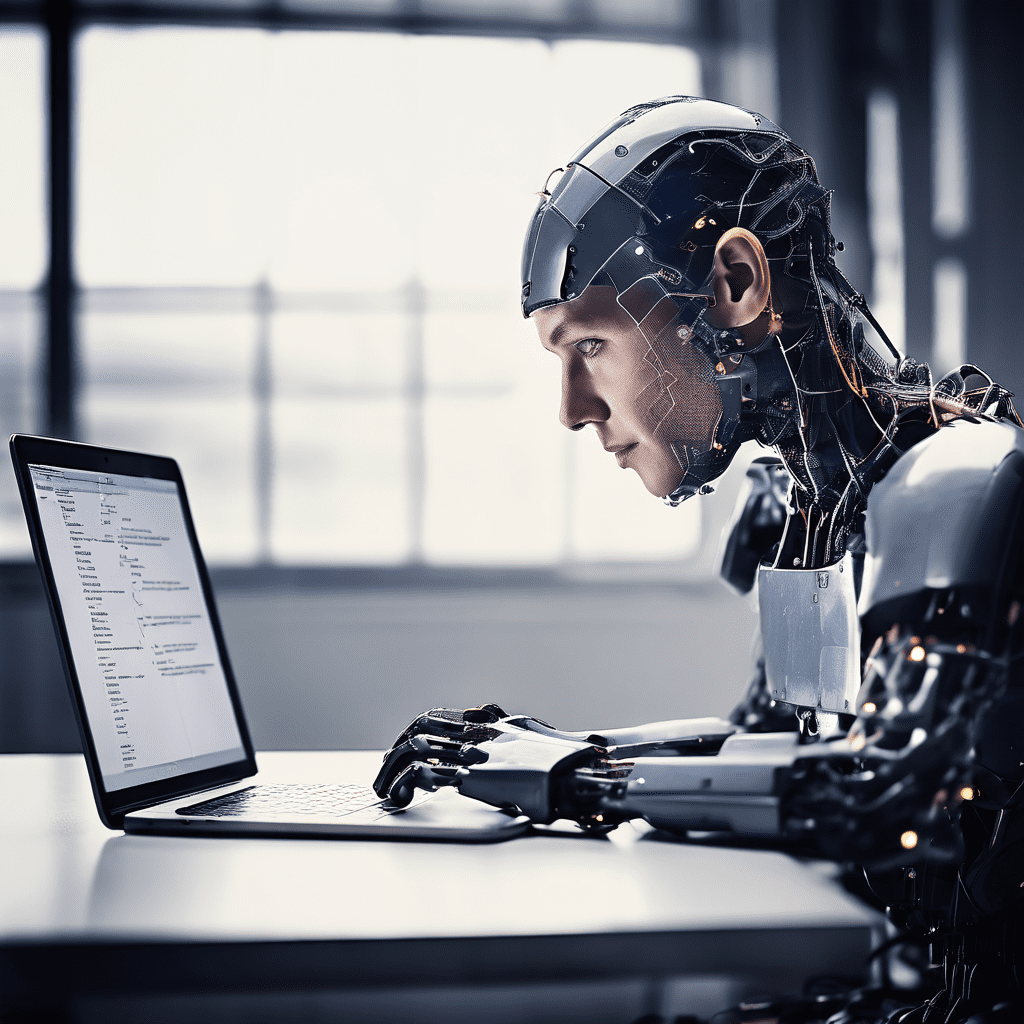AI will not replace you. This statement is not just a reassurance but a glimpse into the future of work where artificial intelligence (AI) and human ingenuity combine to create unprecedented opportunities for growth and innovation. The narrative that AI is a job stealer is pervasive, yet it overlooks the dynamic nature of the job market and the adaptability of human skills in the face of technological advancements.
Understanding AI’s Role in the Job Market
The fear of AI leading to significant job displacement is a common concern. However, this fear often stems from a misunderstanding of how companies actually respond to productivity gains from new technologies. Economic studies predicting the impacts of AI on job functions tend to overlook the real-world decision-making processes within companies.
The Myth of Direct Job Displacement
It’s a common assumption that if a company’s productivity in a certain function increases by 50% due to AI, it will reduce its workforce in that area by a corresponding amount. This assumption fails to consider several key factors:
- Companies staff functions based on financial constraints, not ideal labor levels.
- The assumption ignores the lack of competition, suggesting companies would settle for the same output at reduced costs.
- It overlooks the competitive responses that drive companies to enhance productivity further, rather than merely boost profits.
Real-World Examples: AI as a Job Creator
Consider a software company employing 10 engineers. Implementing AI might boost their productivity by 50%, effectively giving the company the output equivalent of 15 engineers. This doesn’t necessarily mean a reduction in headcount; instead, the company can now address more items on its product development roadmap sooner than anticipated.
Increased productivity can lead to new challenges, such as coordination complexities, which may prevent a full 50% increase in output. However, any significant improvement enables the company to enhance its offerings, potentially increasing revenue or customer retention by 10%. This growth could lead to expanding certain business functions to support new customers, thereby creating new jobs.
Moreover, with increased revenue, the company might decide to hire more engineers to accelerate future developments, leading to more employment rather than less. This pattern applies across various functions, including sales, where a 10% increase in productivity might prompt a company to expand its salesforce to capitalize on the potential for higher sales volume.
The Broader Impact of AI on Employment
When examining the impact of AI on employment, it’s crucial to move beyond the narrow focus on job displacement. AI will undoubtedly transform the job landscape, making some roles obsolete while creating new ones. The competitive dynamics of the market will compel companies to leverage AI not merely for cost reduction but for overall productivity and growth.
FAQs: Demystifying AI in the Workplace
Will AI replace my job?
AI is not here to replace human jobs but to augment and enhance human capabilities, transforming roles and creating new opportunities for employment.
How does AI contribute to job creation?
AI leads to job creation by improving productivity, which allows companies to expand their offerings and serve more customers, necessitating more human support and expertise.
Can AI improve decision-making in businesses?
Yes, AI can analyze vast amounts of data quickly, identify patterns, and provide objective information to support more informed and data-driven decision-making processes.
What are the benefits of human-AI collaboration?
The benefits include enhanced productivity, improved decision-making, and continuous learning, where humans can train and fine-tune AI models, enhancing their accuracy and performance.
How can I prepare for an AI-driven workplace?
Embrace lifelong learning, reskill in areas that AI is likely to impact, and focus on developing skills that AI cannot replicate, such as creativity, emotional intelligence, and interpersonal skills.
In conclusion, AI is not a threat to human employment but a transformative force that, when combined with human ingenuity, can lead to unprecedented levels of productivity and innovation. The future of work is not about AI versus humans but about AI with humans, creating a collaborative intelligence that benefits us all.


